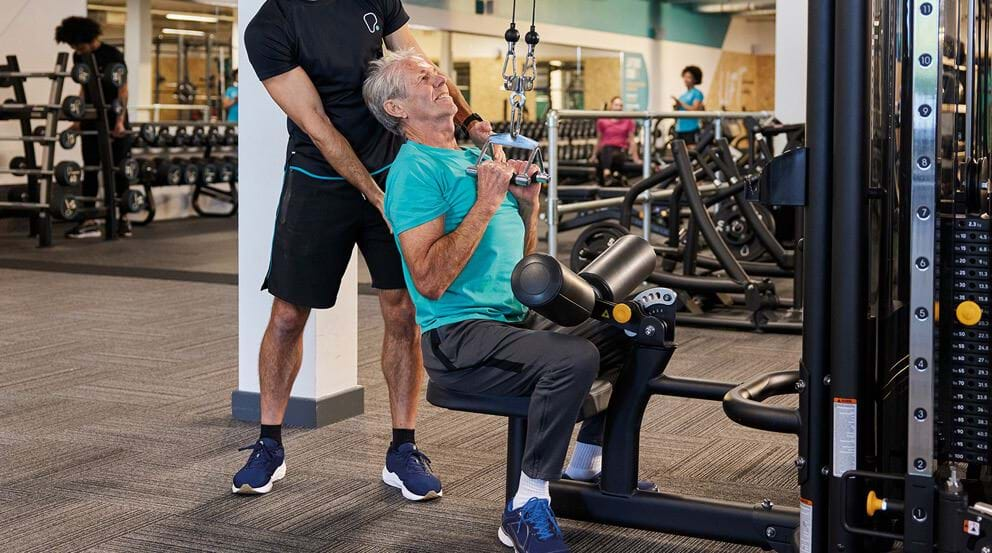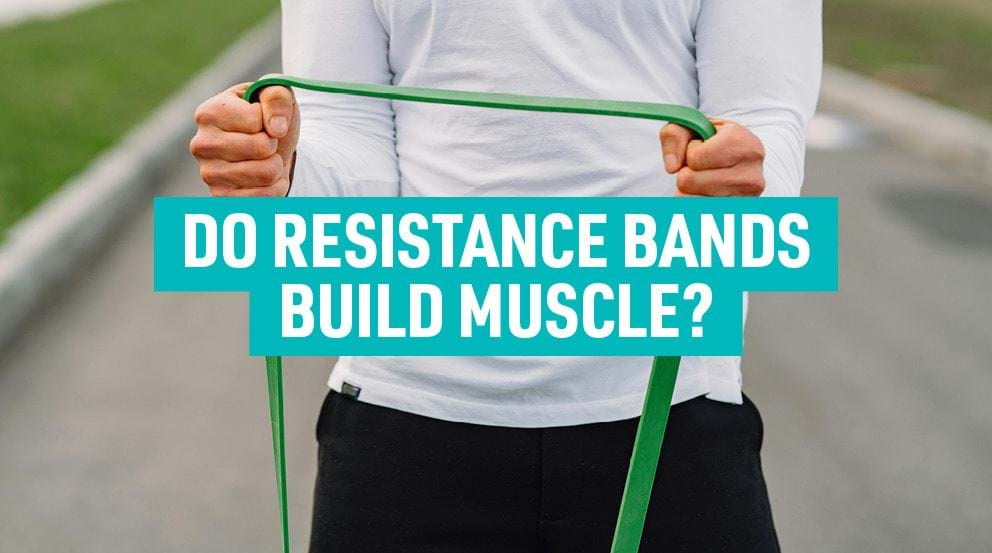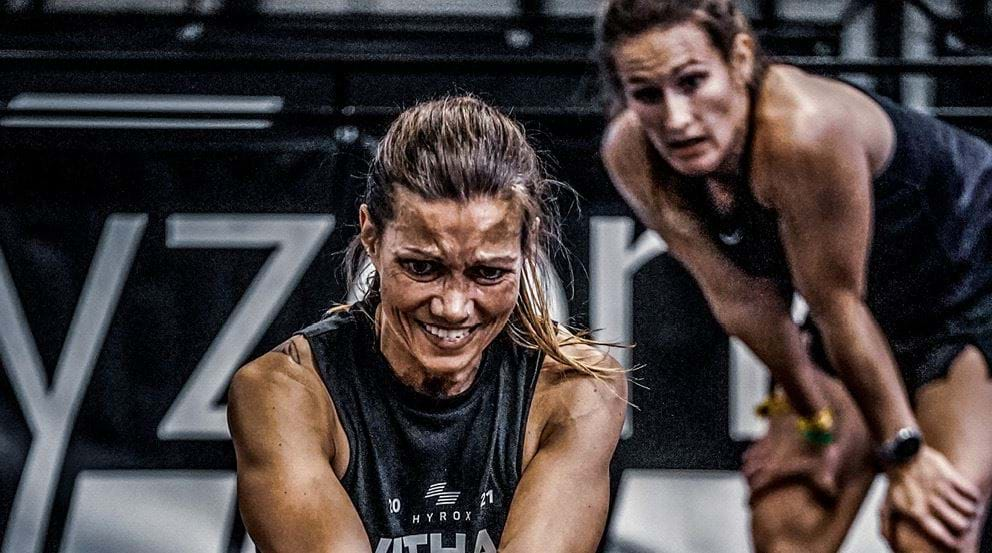Your Marathon Training Diet Advice and Plan

Why Is Nutrition Important | What To Eat When Training | Can I Diet While Training | What To Eat Before Marathon | What To Eat On Race Day
Running a marathon is one of the most respected fitness challenges out there. At 26.2 miles, it's an incredible distance to run that can only be achieved by dedicating a significant amount of time to training.
Having a solid marathon training plan that involves a mixture of easy, long, and speed runs is arguably the most important part of training for a marathon, but an often overlooked component is having a marathon training diet. The food you eat during your training can optimise your progress, while what you eat before and during a marathon can impact performance.
For most people, having a pre-defined marathon training diet plan isn't necessary --prioritising a balanced diet and eating enough calories will be enough to prepare for your body for race day.
In this blog, we look at everything a marathon runner diet should entail both during the training process, and the week and day of the marathon, to help guide your marathon training nutrition.
Why Is Having a Marathon Diet Plan Important
It's entirely possible to train for and run a marathon without changing your diet, but making good nutrition choices is beneficial for several reasons:
Fuels your training. Marathon training requires a huge amount of energy, and without adequate nutrition you may struggle to keep up with your training programme. Being strategic with your diet ensures you have enough calories to maintain your training schedule, as well as the fuel needed to give it your all on each run.
Aids recovery. Training for a marathon puts a lot of stress on the muscles, joints, ligaments, and central nervous system. The types of food, and how much food, you eat plays a role in helping the body recover from this stress.
Impacts sleep. Getting enough sleep is one of the most important things we can do for our health, especially when training for a marathon. Having a healthy diet can improve the quality of our sleep, which further aids recovery.
Best Foods To Include In Your Marathon Training Diet (And Why)
If you're worried that training for a marathon means missing out on your favourite foods, you have nothing to worry about! All macronutrients play an important role in helping your body train for a marathon, and no foods are off limits.
Rather than focus on taking foods away, focus on what you can add in to ensure you are getting the nutrition you need. Eating plenty of different fruit and veg each day, varying your proteins, and including a range of grains will ensure you get the vitamins and minerals you need to keep your body in good shape.
Protein
Protein is commonly associated with strength training, but it plays an important role in all diets and runners can really benefit from increasing their protein when training for a marathon.
One of the main body functions that protein helps with is repair and recovery. Marathon training puts a lot of stress on the body, and amino acids in protein are used to help the body to recover. Eating enough protein ensures there is enough available to repair damaged tissues. Try to aim for at least 1.4g of protein per kg of body weight while training.
Example protein sources: chicken, turkey, lean mince, tofu, white fish, eggs, lentils, beans, Greek yoghurt
Carbohydrates
Carbs often get a bad rap, but it is the body's preferred energy source, particularly for aerobic exercise like running, and skimping on carbs will hinder your ability to rack up your mileage each week.
Prioritising complex carbs in your diet will help to keep your glycogen levels (energy stores) topped up, but you'll want to also supplement this before runs (and during longer runs) with simple, easy to digest carbs.
Example complex carb sources: wholewheat pasta, brown bread, potatoes, quinoa
Example simple carb sources: banana, cereal, dried fruit, natural yoghurt
Fats
Fats may have been demonised by some diets across the years, but this macro is essential for good health. Fats help the body to absorb certain vitamins, supports cell function and cell growth, and are involved in many of our biological functions.
Fats also provide the most energy gram for gram of all macros and including fat in your diet can help to ensure you are eating enough calories while training for a marathon. Because fats slow down the digestion of food, they are best avoided before your runs.
Example fat sources: avocados, olive oil, full fat dairy, oily fish like salmon and mackerel
Water
While water isn't a food, staying hydrated helps to keep your body functioning. Cardio activity like running can dehydrate the body, so it's even more important to stay topped up when training. Aim to drink plenty of water and each water rich foods like fruit and veg.
Can You Diet While Training For A Marathon?
It can be tempting to use marathon training to lose weight, but we wouldn't advise dieting when training for a marathon.
To lose weight, you need to be eating at a calorie deficit, so eating less energy than you're burning. Without enough energy, your performance and your recovery are going to be impacted as your body prioritises essential functions first, and you may struggle to keep up with your training schedule.
Outside of marathon training, running can be used as a tool for weight loss. Check out our running for weight loss blog here for more info.
Can You Diet While Training For A Marathon?
It can be tempting to use marathon training to lose weight, but we wouldn't advise dieting when training for a marathon.
To lose weight, you need to be eating at a calorie deficit, so eating less energy than you're burning. Without enough energy, your performance and your recovery are going to be impacted as your body prioritises essential functions first, and you may struggle to keep up with your training schedule.
Outside of marathon training, running can be used as a tool for weight loss. Check out our running for weight loss blog here for more info.
What Should You Eat Before A Marathon
Prioritising a healthy balanced diet is important during the whole marathon training, but your marathon week meal plan will have the biggest impact on race day performance.
Focus on simple, stomach friendly foods. By this point in your training, you should have an idea of what foods you prefer to eat before your big runs. Stick with simple, stomach friendly foods you know you tolerate well in the days before the marathon -- now is not the time to go out for a big curry or try something new!
Amp up hydration. While hydration is key all year round, you may want to take extra steps a couple of days before the race to ensure you're at maximum hydration like reducing caffeine and adding electrolytes.
Increase carbohydrates. Carbohydrates will be your main energy source for the marathon, so you'll want to ensure you're topped up. Start increasing your serving sizes and adding in extra snacks a few days before so your glycogen levels are maxed out.
While this will look different for everyone, we asked British distance athlete Charlotte Arter to share an example of her long-distance race or marathon week meal plan:
- Breakfast: porridge with berries, nuts, seeds, and honey, and 1-2 slices of toast with peanut butter
- Lunch: rice or pasta with chicken or white fish and veg
- Dinner: rice or pasta with chicken or white fish and veg
- Snacks: banana, flapjack, yoghurt and dark chocolate
What To Eat On Race Day
Most marathons are morning events, so breakfast really is the most important meal of the day on race day. You should practice what this looks like during training, but a good starting point is aiming to eat a light breakfast of simple carbs around 2-3 hours before the race.
When training, you should also trial ways to top up your carbs during long runs. Fruit, sweets, and energy gels are popular ways to refuel midrace. People tolerate these differently, so if you find a method or brand that works, stick with this on race day!
Charlotte's race day nutrition:
- 3 hours before the race: 2-3 slices of toast and honey, small coffee
- 2 hours before the race: energy bar
- 20 minutes before the race: energy gel
- Every 5km during race: energy gel
If you're looking for more marathon advice, check out our essential marathon training tips here. Want to improve your speed? You might like our strength training for runners blog.
Get marathon ready at PureGym -- find your nearest gym here.


